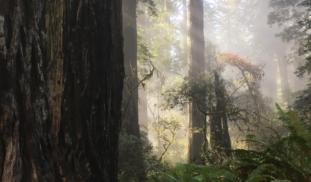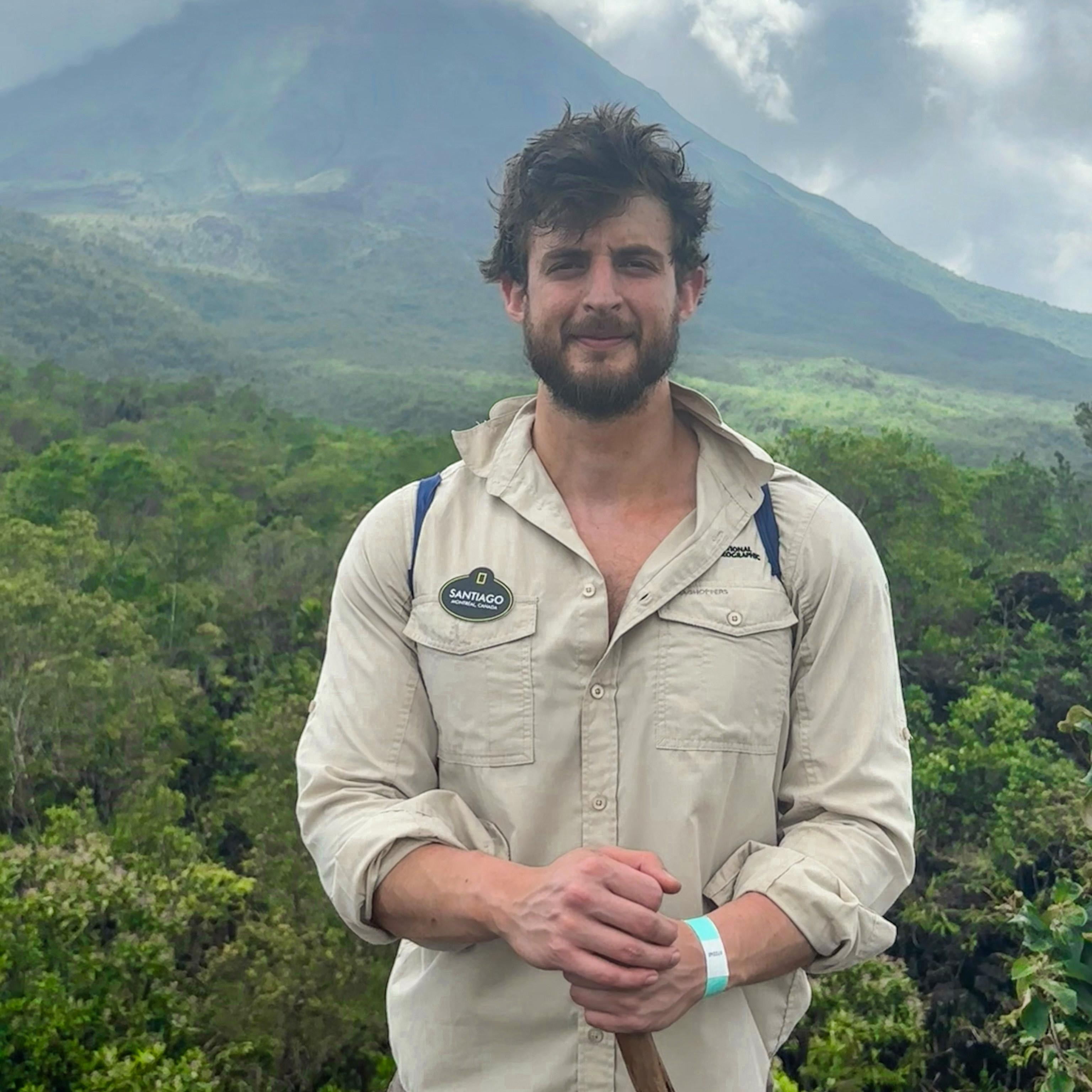Please wait...
About This Project
California’s two redwood species presently stand as Earth’s tallest, largest, most carbon-sequestering, and nigh oldest trees; their family’s fossils occur nearly globally. To better understand California redwoods' physiology and taxonomy, we study their stomata—pores—over canopy height. Are variations in their leaf stomata adaptive for vertical growth? Can species in the family be defined by them?
More Lab Notes From This Project

Browse Other Projects on Experiment
Related Projects
Empowering coastal youth for enhanced coastal and mangrove monitoring amidst massive sargassum landings.
The Caribe Mexicano MPA, home to 50% of the western hemisphere's largest barrier reef, has faced massive...
What does whales' poop tell us about the deep ocean ?
Over years, I have built a collection of cetacean fecal samples. While the majority of these samples are...
Coral Collective: Advancing Coral Resiliency with AI Software
Coral Collective uses AI-powered monitoring to support coral reef conservation. Our platform analyzes coral...








